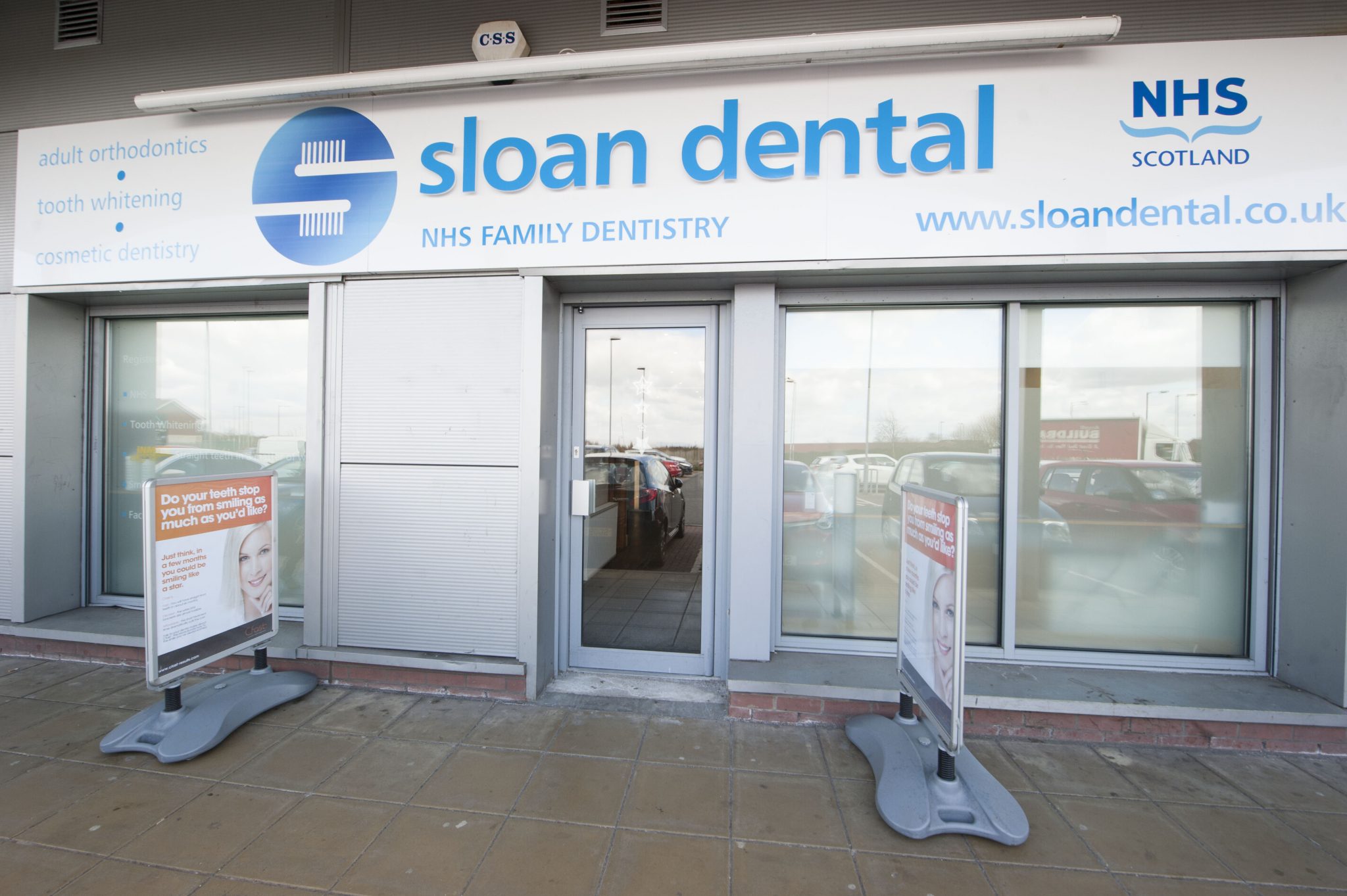Invisalign is fast becoming one of the most popular orthodontic treatments available. The original clear aligner system has helped more than 14 million people achieve a straighter smile. The lightweight and nearly invisible aligners achieve the same results as traditional fixed braces, but the treatment plan is vastly different.
It starts with a digital scan of your mouth to determine the current position of your teeth and where they need to be. These scans and impressions are then used to create your case of aligners. Each aligner will apply gentle pressure to your teeth, moving them into the correct position. With every aligner change, you’ll be a little bit closer to perfect alignment.
You wear these aligners for around 22 hours per day and can remove them to brush your teeth, eat and drink. Every 10-14 days, you’ll switch to a new aligner. Changing your aligners at home means that you don’t have to visit the dentist for adjustments.
Since Invisalign treatment is fairly new, there are a lot of misconceptions about what it can and cannot do. Patients also typically have some very interesting questions about treatment based on what they have heard from friends, family and social media. In this guide, we’re going to dispel some of these myths and fill in the gaps in your knowledge.
Does Invisalign make you lose weight?
This is a common myth that often makes the rounds on Reddit and social media. The theory is that the orthodontic system can help you to cut calories by restricting when you can eat. In reality, Invisalign shouldn’t be seen as a tool to lose weight. It shouldn’t have a big impact on your diet, except that you might find that you are less likely to snack between meals or enjoy high-calorie drinks. For some people, this can result in weight loss, but it isn’t guaranteed. We wouldn’t recommend focusing on this side effect of Invisalign.
Is Invisalign only for simply orthodontic cases?
No. The great thing about clear aligners is that they are suitable for a wide range of orthodontic cases. Invisalign can be used to treat everything from mild misalignments to severe overbites and crossbites. In some cases, traditional braces might still be the best option, but your orthodontist will explore these options with you during your consultation.
Do Invisalign aligners cause your teeth to rot?
They shouldn’t cause any damage to your teeth, but it’s down to you to make sure you are caring for your teeth properly. If you don’t brush your teeth correctly or don’t rinse your aligners, you run the risk of exposing your teeth to bacteria. This can lead to cavities, tooth decay and other dental health issues. The best way to prevent this is by brushing and flossing twice a day and rinsing your aligners with cold water every night before placing them back in your mouth
Is Invisalign the same as mail-order aligners?
No, Invisalign is a dentist-supervised treatment plan, whereas mail-order aligners do not have the same level of supervision. With Invisalign, you have the support of a trained orthodontist who will monitor your progress and make sure everything is going according to plan. Mail-order aligners don’t offer this level of care and can be dangerous if not fitted correctly. We would always recommend Invisalign over mail-order aligners.
Does Invisalign damage your teeth?
No, Invisalign aligners should not damage your teeth and, if fitted correctly, can cause minimal discomfort. That being said, it is important to wear your aligners as instructed by your orthodontist and not attempt to adjust them yourself. Your orthodontist will also advise you on the best way to clean and care for your teeth throughout treatment.
If you do not wear your aligners often enough, the treatment is likely to fail, and this can cause painful problems. If your teeth aren’t in the correct position because you haven’t been wearing your aligners, they won’t be ready for the next one in the series. If you switch before your teeth are ready, it will be more uncomfortable and the treatment may not be successful.
Hopefully, this will have cleared up some of the questions you have about Invisalign aligners. If you’re interested in exploring orthodontic treatment in Scotland, we’re here to help guide you. Get in touch today to learn more.



